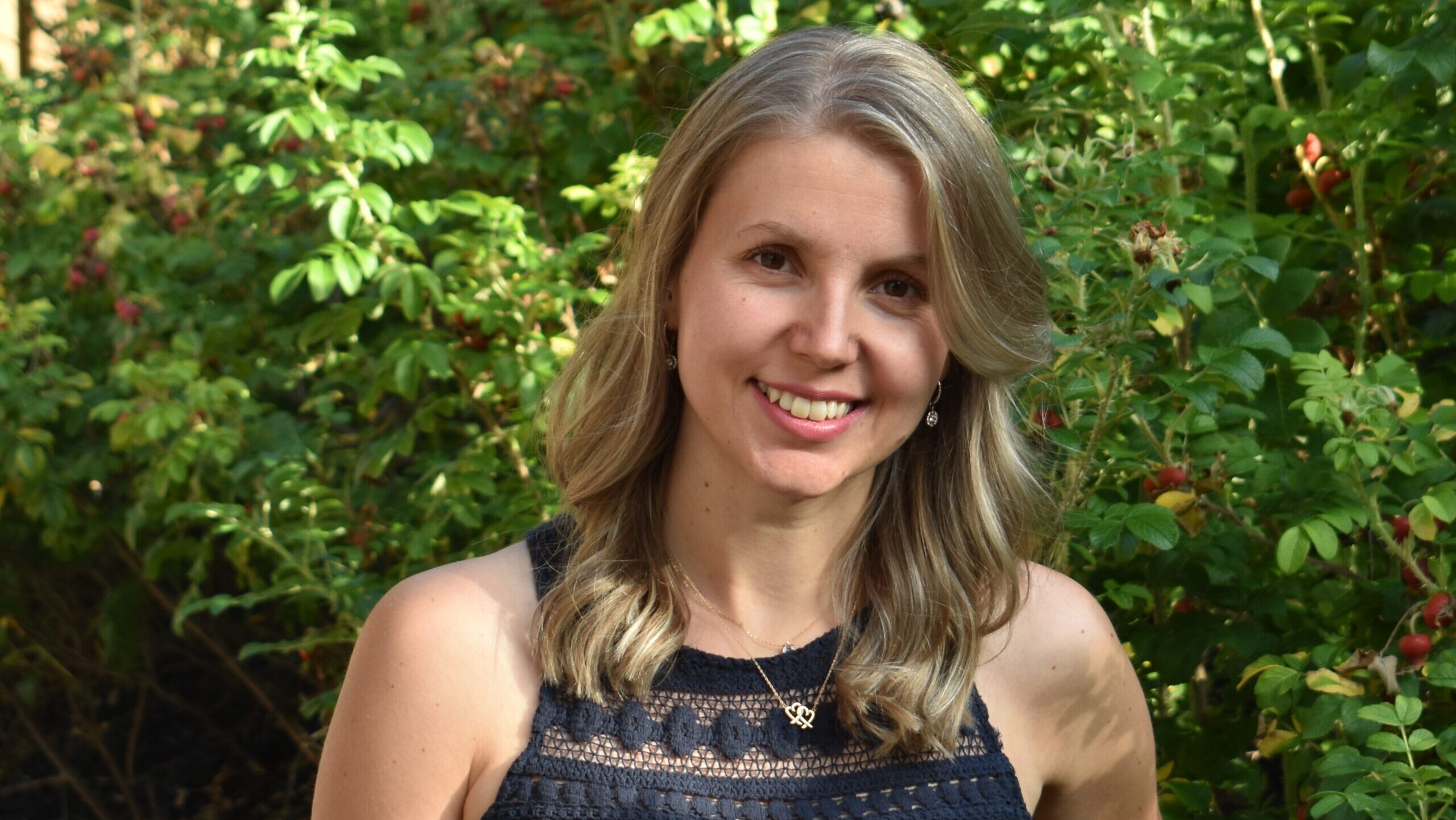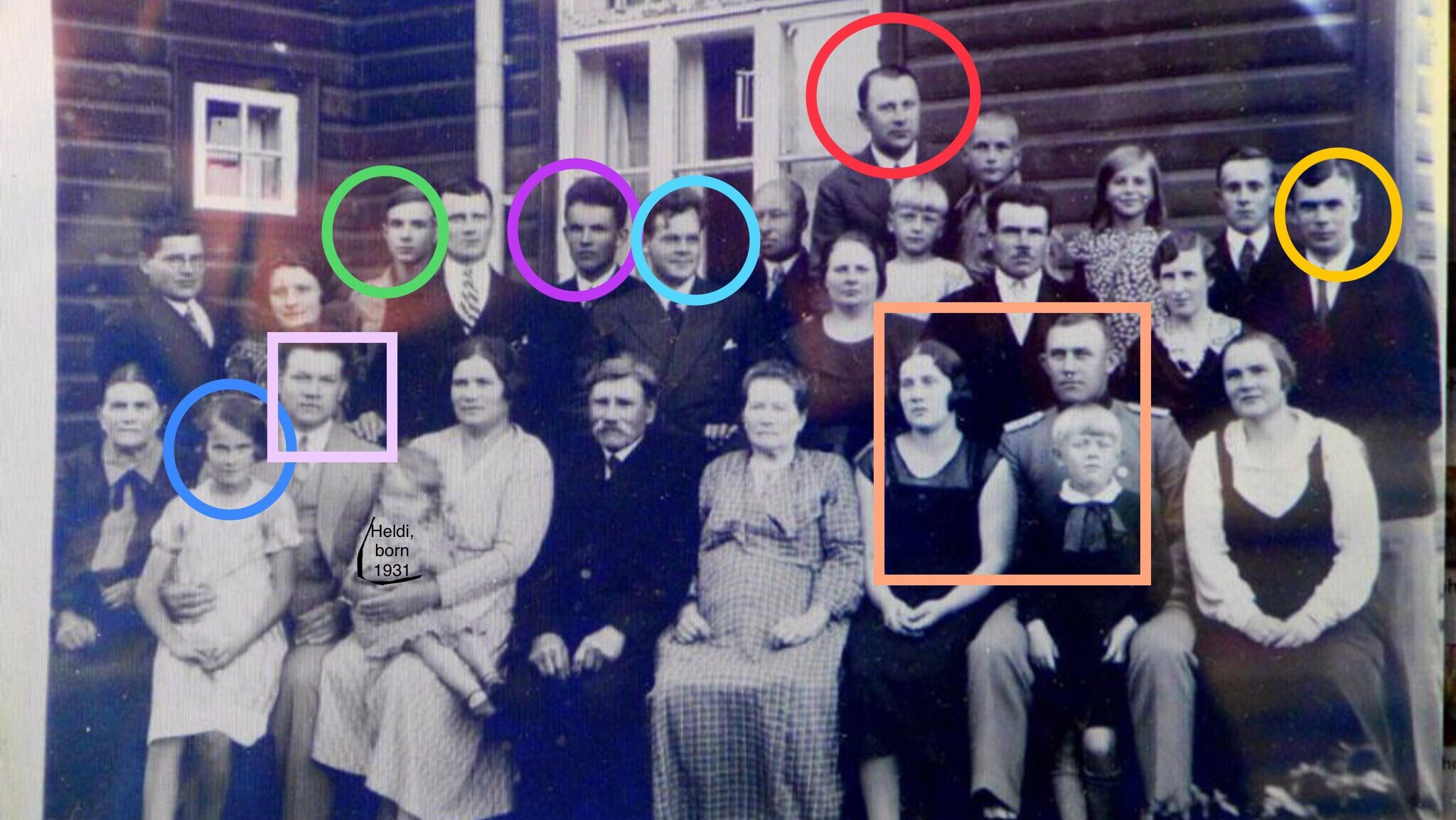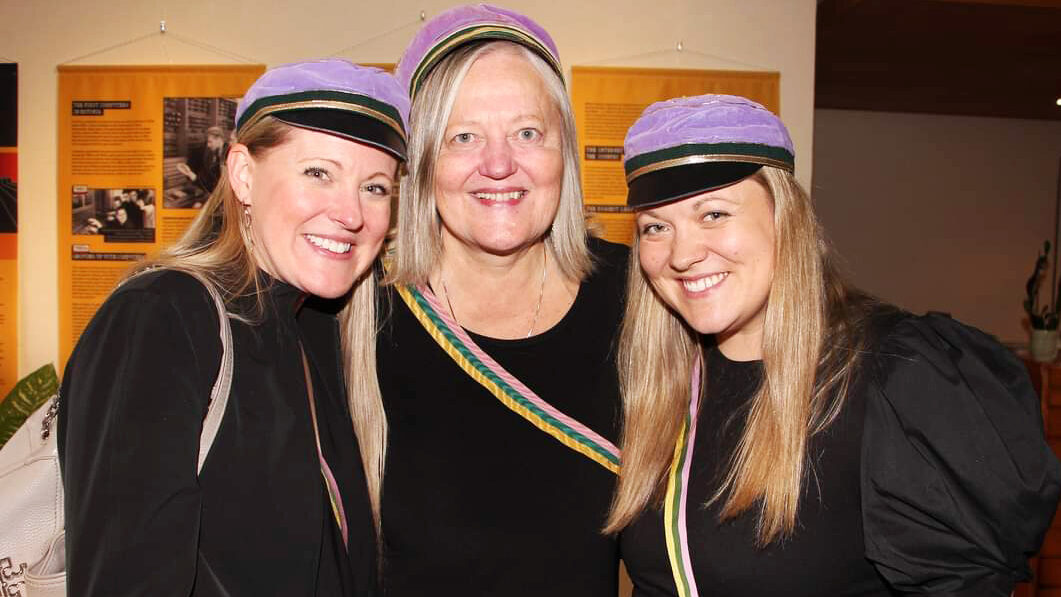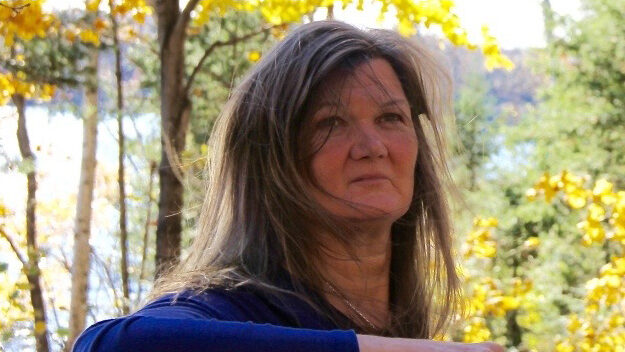But it isn’t often that we have a chance to look inward through the art of poetry. Coming soon to Eesti Elu / Estonian Life is a series of poems, to be shared almost in the form of a “Nädala luuletus” (a “Poem of the Week”). The featured poet is Marianne Pettinen-Melrose.
Born in Tallinn, Estonia, Marianne moved to Toronto when she was three years old, on account of her mother’s career as a rhythmic gymnastics coach. Marianne notes that her mother Katrin Pettinen was part of a popular dance group in 1980s Estonia. It was through this, along with a fateful trip to Toronto by her grandmother Elle Eljand, that an invitation to coach arrived. Marianne herself practiced rhythmic gymnastics for over 15 years.
She has maintained a connection to her homeland over the years, through many visits as well as by actively engaging with the community in Toronto. Growing up, she attended all levels of eesti kool (Estonian school). As an adult, she joined the sorority Korporatsioon Indla. She has worked at Seedrioru and Jõekääru childrens’ summer camps. Between 2007 and 2012, she taught eesti keskkool and is now teaching once again. Thinking back on her participation, she reflects on how “It is a beautiful thing to see the passion and love Estonians have for their culture even though we are far from our homeland/mother/fatherland.”
They had their children during what she calls “a baby boom for the next generation”, a source of optimism for her as she sees the large number of children present and participating in Estonian cultural activities.
This dedication and passion, of course, has enabled the next generations to be nurtured by the same cultural institutions her generation have benefitted from. Marianne and her husband, who have two young daughters, had their children during what she calls “a baby boom for the next generation”, a source of optimism for her as she sees the large number of children present and participating in Estonian cultural activities.
But how did this lead to writing poetry? It actually goes back to when she herself was a young girl. Marianne started writing poems around age 10, when she was “trying to relate to the world in a deeper way.” Something that all young people are trying to do in one form or another. Perhaps it’s spurred on by the growing awareness of a world tainted with cruelty, unfairness, and injustice. A need to understand why people behave the way they do.
As a teenager, before meeting her husband at 19 years old, she notes that much of her poetry was centred around heartbreak and the yearnings of the heart. In her twenties, with the arrival of motherhood, she recalls the exploration of her own spirituality. It was a “time of deep self-exploration and inner healing… what I would say was a bit of a quarter-life crisis.” Indeed, Marianne confirms that she has always been a deep thinker. However, it wasn’t until more recently that her poetry was out in the public, including appearances on Instagram.
In addition, there is certainly a performable quality to contemporary poetry, one notable example being Rupi Kaur, a poet whom she watched live in 2022.
It was a job at Indigo back in 2017 that brought her attention to the renewed popularity of poetry, especially the approachable style published online. She says “a lot of modern poetry has a specific flavour to it, rooted in free verse.” In addition, there is certainly a performable quality to contemporary poetry, one notable example being Rupi Kaur, a poet whom she watched live in 2022.
When one reads Marianne’s poetry, you will encounter recurring themes of love versus fear, hope, spirituality, purpose, self-worth, and healing pain head-on. There are even hints of non-dualistic philosophy (e.g. that all is one, the unity of the universe).
The poems are personal, often derived directly from times of struggle. For her, it is frequently easier to express herself in struggle than when all is peaceful. Then again, Marianne is eager to see how an easy-going perspective of “joy, fun, laughter, and creativity” will be reflected in upcoming poems of hers.
Keep reading Eesti Elu to read Marianne’s poetry for yourself!




